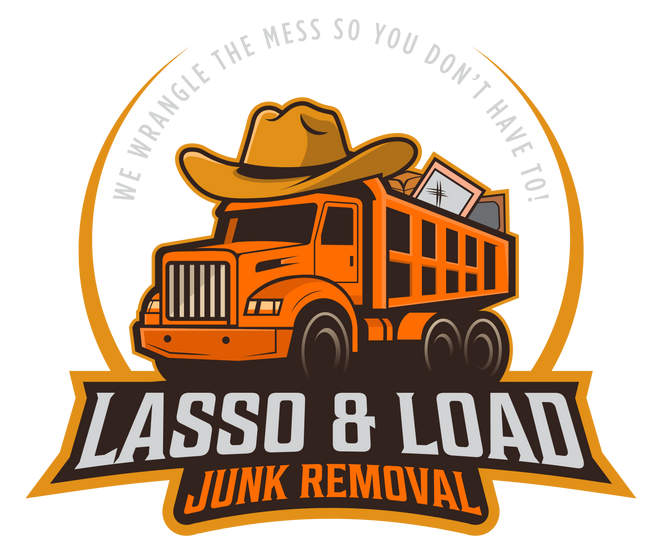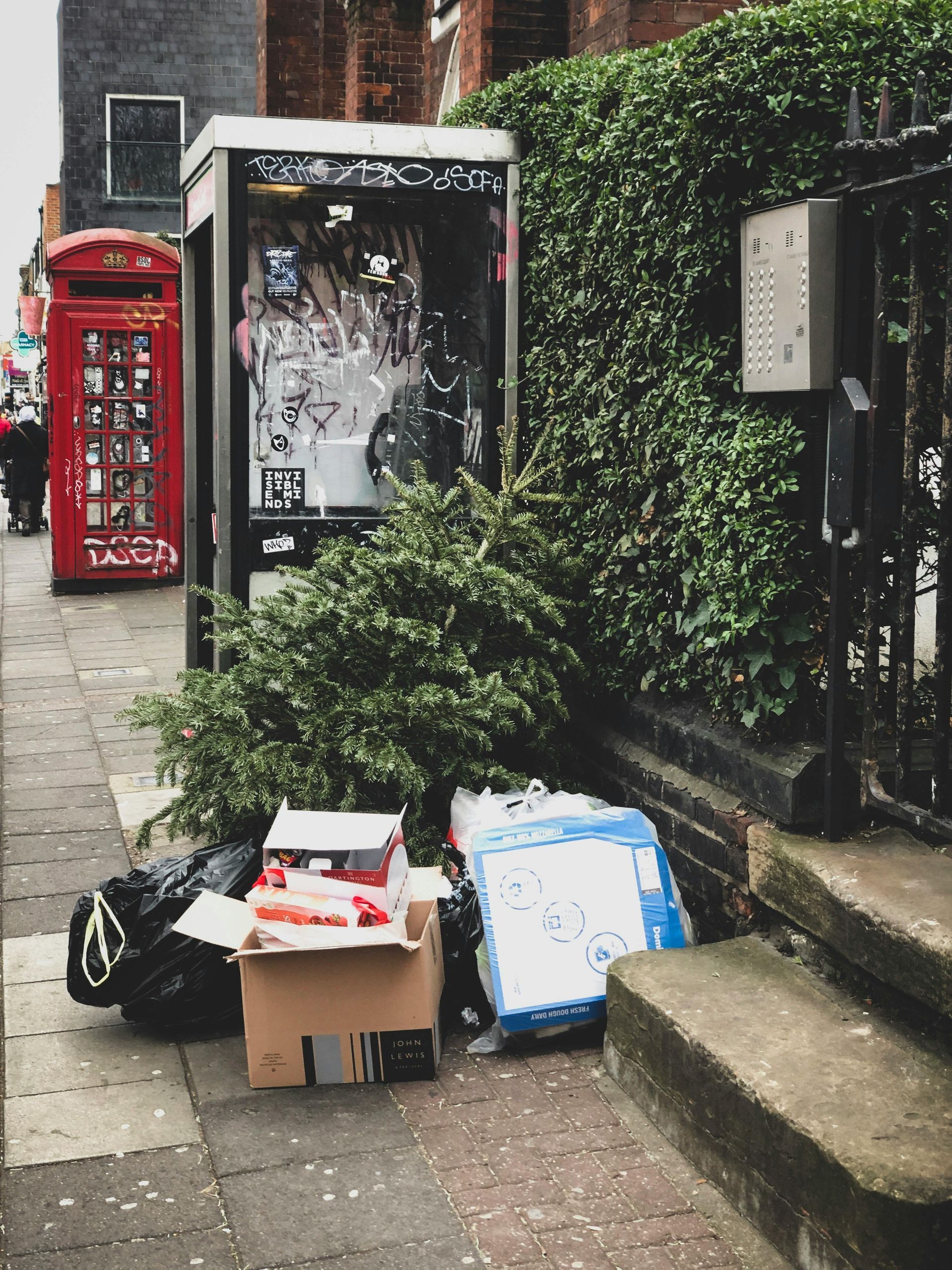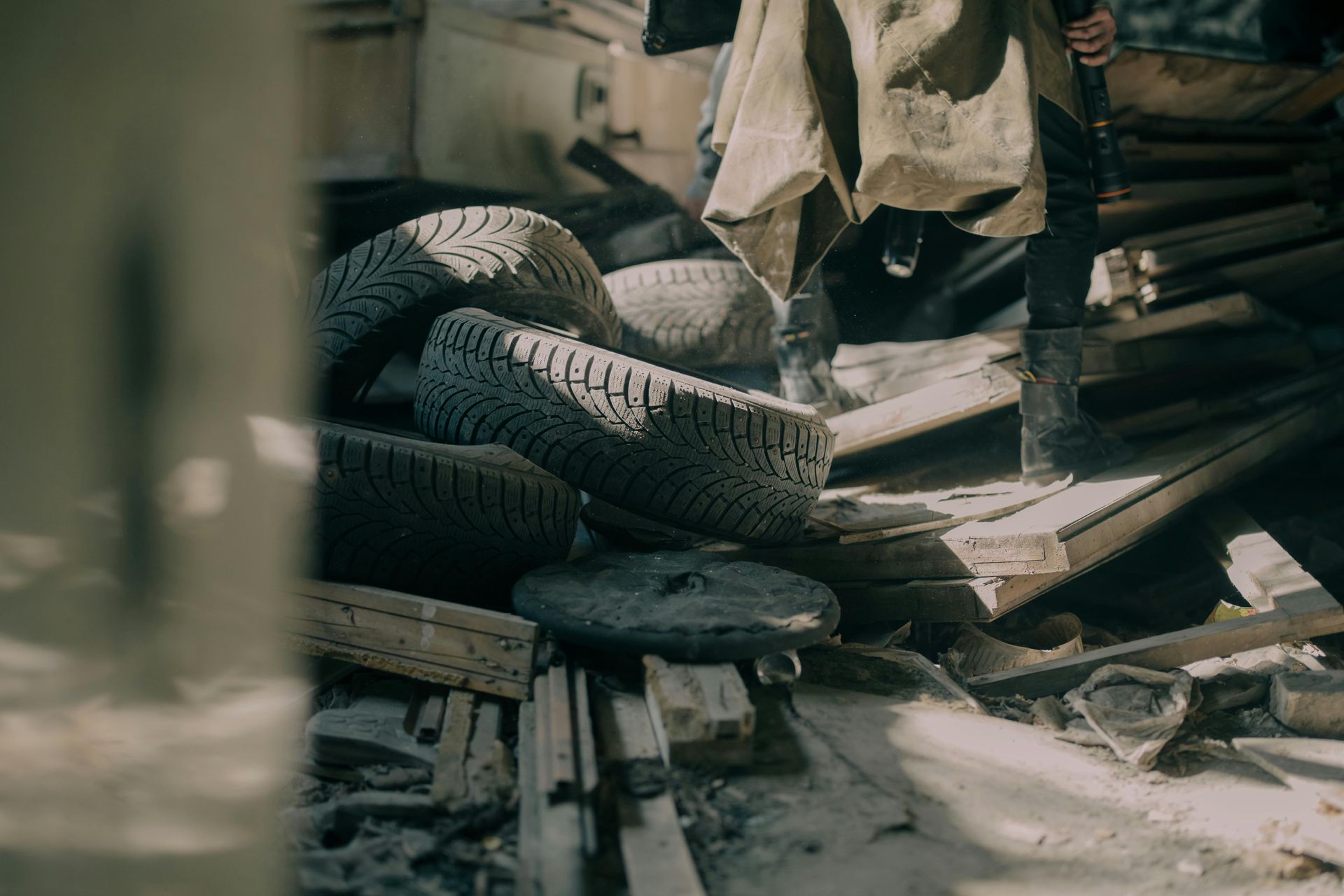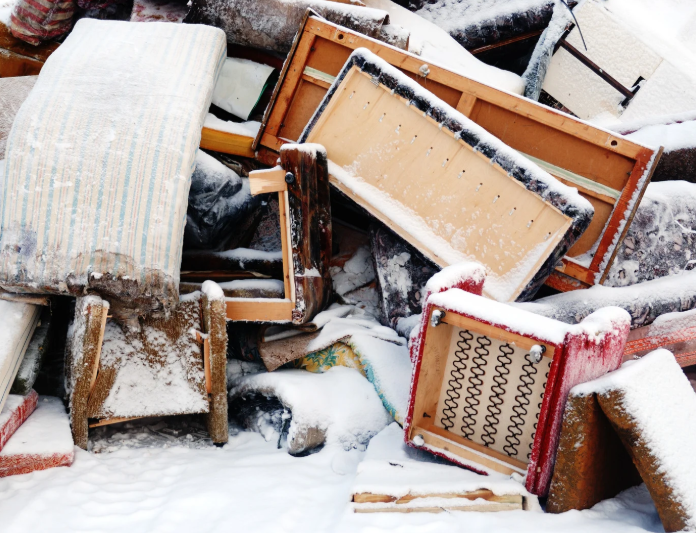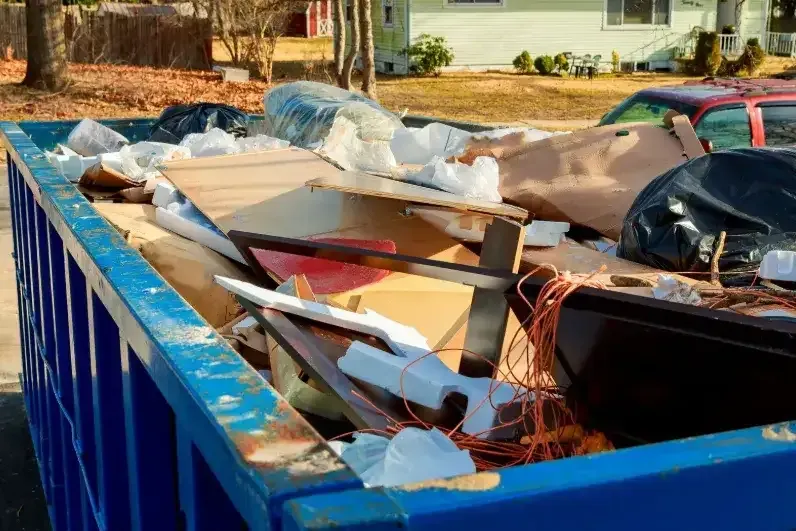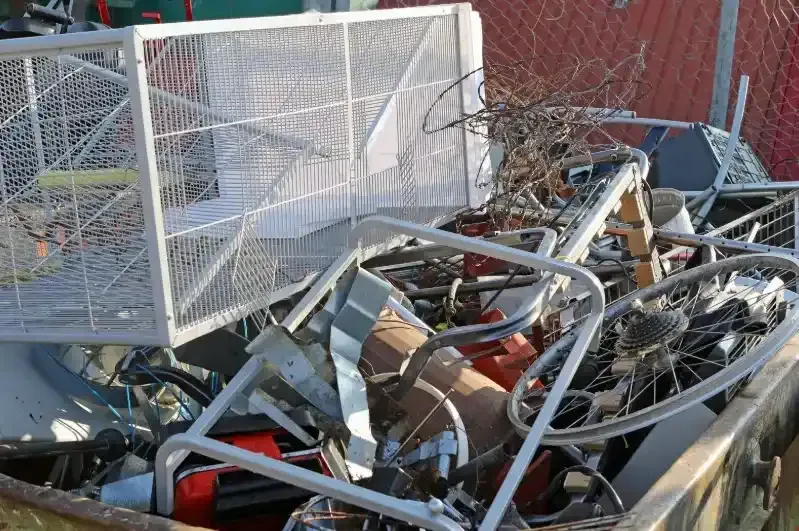E-Waste Disposal: What You Should Know Before You Dispose
In today's rapidly advancing digital world, the accumulation of electronic waste, or e-waste, has become an increasingly pressing concern. From outdated smartphones and broken laptops to obsolete televisions and worn-out printers, discarded electronic devices contribute significantly to the global waste stream. However, the disposal of e-waste is not a straightforward task, and it requires careful attention to several important factors.
Simply throwing your old gadgets into the trash can have serious consequences—not only for the environment but also for your personal security. E-waste contains harmful chemicals and toxic materials like lead, mercury, and cadmium, which can leach into the soil and water if not disposed of properly. Furthermore, old devices often retain sensitive data that, if not securely erased, could be accessed by unauthorized parties. Understanding the proper steps to take when disposing of e-waste is essential to minimizing harm to the planet and protecting your personal information.
The Environmental Impact of E-Waste
E-waste is one of the fastest-growing waste streams in the world, and its improper disposal poses significant environmental risks. When electronics are discarded in landfills, harmful substances like lead, mercury, and cadmium can seep into the soil and water systems, causing long-term damage to ecosystems. Many electronic devices contain toxic materials that not only pose a threat to wildlife but can also affect human health if not properly handled.
The recycling of e-waste, on the other hand, ensures that these hazardous substances are contained, reducing their impact on the environment. Many of the components in electronic devices, such as metals and plastics, can be reused in the manufacturing of new products. By recycling e-waste, you are contributing to reducing the need for mining raw materials, which can have a much lower environmental footprint.

Data Security: Protecting Your Personal Information
When it comes to disposing of your old electronics, one of the most crucial aspects to consider is data security. Before parting with any device, it’s important to ensure that all personal data is thoroughly erased. Simply deleting files or resetting the device to factory settings may not be enough. Tech-savvy criminals can often recover deleted information from old hard drives, smartphones, or tablets if they are not properly wiped.
For devices like smartphones, tablets, and computers, a secure data wipe should be conducted. This typically involves using specialized software that completely overwrites your device’s storage. In some cases, physically destroying the hard drive may be the most secure option. If you are unsure how to properly erase your device, it may be worth hiring a professional e-waste disposal service that offers data destruction as part of their recycling process.
Legal Regulations Surrounding E-Waste Disposal
Did you know that there are laws and regulations governing the disposal of e-waste? Many countries and regions have set strict guidelines for how electronics should be disposed of to protect the environment and ensure that toxic materials are handled properly. In some areas, it’s illegal to dispose of electronics in regular trash bins due to the hazardous materials they contain. For example, in the United States, the Environmental Protection Agency (EPA) has established guidelines for responsible e-waste disposal. Several states have passed laws that require e-waste to be recycled and prohibit its disposal in landfills. Violating these regulations can result in hefty fines for businesses and individuals alike.
Before disposing of your old electronics, it’s essential to check your local regulations regarding e-waste. Many communities offer free or low-cost e-waste recycling programs that ensure safe disposal and recycling. In Gwinnett County, for instance, there are designated e-waste recycling events and drop-off locations that allow residents to dispose of their old electronics safely and responsibly.
The Importance of Using Certified E-Waste Recyclers
When looking to dispose of your e-waste, it’s crucial to choose a certified recycler. Not all recycling centers are created equal, and some may not follow proper environmental or data security protocols. To ensure that your electronics are being disposed of in an eco-friendly and secure manner, it’s important to work with a certified e-waste recycler. Look for recyclers that are certified by reputable organizations such as the Responsible Recycling (R2) or e-Stewards.
These certifications ensure that the recycler follows strict standards for the handling and disposal of e-waste. Certified recyclers are also committed to data destruction practices, providing an extra layer of security for your personal information. Additionally, certified e-waste recyclers are often equipped to repair, refurbish, and reuse devices rather than simply dismantling them. This reduces waste and promotes a circular economy where electronic products can be reused or resold instead of ending up in a landfill. When you choose a certified recycler, you are supporting sustainable practices and ensuring that your devices are being handled responsibly.
How to Prepare Your E-Waste for Disposal
Before you drop off your e-waste at a recycling center or arrange for pickup, it’s important to prepare your devices for disposal. The first step is to back up any data you may need from your electronics. Whether it’s pictures, documents, or contacts, be sure to transfer your files to a secure storage device, like an external hard drive or cloud service. Once your data is backed up, you should begin the process of wiping your device clean. This can be done through the device’s settings or with specialized software designed for secure data destruction.
For smartphones and tablets, make sure to remove the SIM card and any memory cards before disposing of them. Next, check with your chosen recycling center to see if they have any specific requirements for packaging or preparation. Some centers may request that you remove batteries from devices before recycling. In some cases, you may be required to remove certain parts, such as screens or circuit boards, to ensure proper recycling.
Where to Dispose of E-Waste
Finding a reliable and convenient place to dispose of your e-waste can be a challenge, but fortunately, there are many options available. Many local municipalities offer designated drop-off locations or recycling events for e-waste. These events are typically held on specific dates and may allow residents to drop off electronics for free or at a low cost. In addition to local recycling programs, there are several electronics retailers and manufacturers that offer take-back programs for old devices. Companies like Best Buy and Staples often have e-waste recycling stations where you can drop off your old electronics.
If you prefer the convenience of having your e-waste picked up from your home or office, consider using a professional junk removal service that specializes in e-waste disposal. Many junk removal services, like Lasso & Load Junk Removal, offer e-waste disposal as part of their services, ensuring that your devices are recycled in an environmentally responsible manner. These services can save you time and effort while ensuring that your e-waste is disposed of properly.
What Happens to Your E-Waste After It’s Collected?
Once your e-waste is collected, it will go through a series of processes designed to safely recycle and dispose of the materials. First, the devices are sorted by type. Items like computers, televisions, and printers will be separated, as each type of electronic requires a different recycling process. The next step is to dismantle the devices and remove any hazardous materials. This can include removing batteries, capacitors, and other components that contain harmful substances. Afterward, the remaining materials—such as metals, plastics, and glass—are broken down and sorted for reuse. Metals like copper and aluminum are melted down and purified for use in new electronics, while plastics and glass are often repurposed for use in other industries.
In some cases, older electronics can be refurbished and resold, extending their lifecycle and reducing waste. This process is particularly common for devices like computers, smartphones, and televisions that are still in working condition but have been replaced by newer models. By refurbishing and reselling these devices, recyclers can reduce the demand for new electronics and help conserve valuable resources.
The Role of E-Waste Disposal in a Circular Economy
E-waste disposal plays a vital role in the concept of a circular economy, where products are designed for longevity and reuse rather than disposal. When electronics are properly recycled, valuable materials like gold, silver, and copper can be recovered and reused in the production of new devices. This reduces the need for mining and extraction of raw materials, which can have a significant environmental impact. Furthermore, by refurbishing and reselling electronics, recyclers are helping to keep functional devices in circulation, reducing the demand for new products.
This creates a more sustainable and resource-efficient system, where electronics are reused, repaired, and recycled rather than thrown away. As consumers, we have a responsibility to ensure that our e-waste is disposed of properly and that we are contributing to a circular economy. By choosing certified recyclers and taking the necessary steps to protect our data, we can reduce the environmental impact of e-waste and promote a more sustainable future.
Conclusion
E-waste disposal is a complex issue, but it’s one that we can all contribute to solving. By taking the time to properly dispose of our old electronics, we help protect the environment, secure our personal data, and support sustainable practices in the electronics industry. Whether you choose to drop off your devices at a local recycling event or hire a professional service to handle the job for you, it’s essential to ensure that your e-waste is disposed of responsibly.
If you are in Gwinnett County and need assistance with e-waste disposal, Lasso & Load Junk Removal is here to help. We offer convenient, reliable, and environmentally-friendly e-waste disposal services that ensure your devices are recycled properly. Call us today at 404-227-2017 or email Lauren.renwickk@gmail.com to schedule your e-waste pickup and make a positive impact on the environment.
